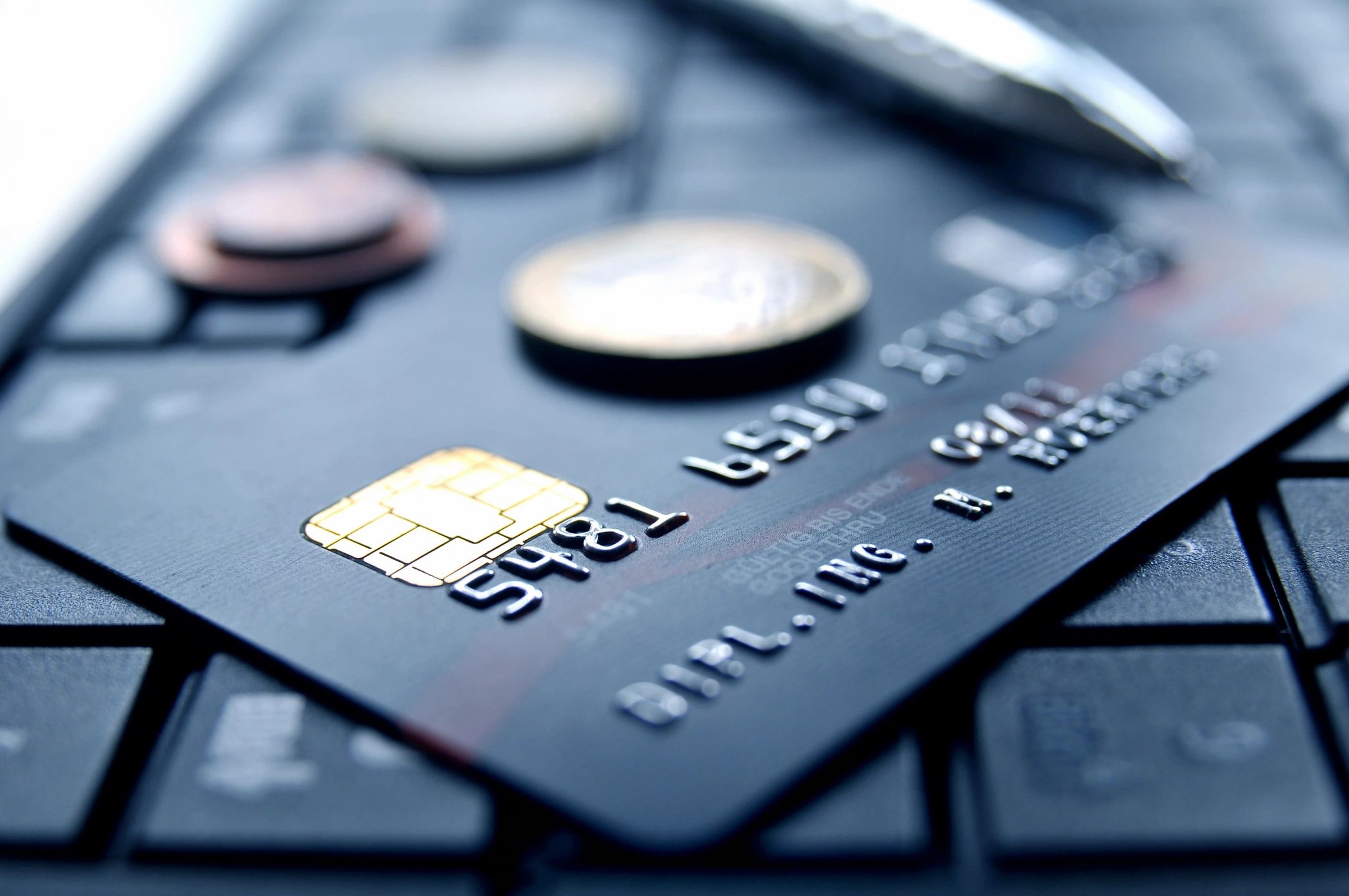Top Dangers of A Credit Card: Avoid These Common Pitfalls
Credit cards are a widely used financial tool that offers convenience, flexibility, and access to short-term credit. However, they also come with complex terms and potential risks that can impact your financial well-being if not properly managed. Responsible use is essential, especially considering how significantly credit card behavior can affect your credit report and overall economic health.
While credit cards may seem like an easy way to manage expenses, they’re structured in a way that can lead to long-term debt if not handled wisely. Making only the minimum monthly payment, for example, can stretch repayment timelines into years and accumulate substantial interest. Missing payments entirely or paying late can also incur fees and cause lasting damage to your credit score.
The Hidden Pitfalls: Fees, Interest, and Credit Risk
Credit cards are rarely free to use. Many come with annual fees, especially those offering rewards or travel perks. Regardless of how often you use the card, the fee applies every year. Additionally, unless you pay your full balance within the grace period, interest charges start accruing—often at rates nearing or exceeding 20%.
These interest charges can compound quickly. For instance, carrying a $2,500 balance at a 19% interest rate and only making $50 minimum payments could take nearly nine years to pay off—costing you almost as much in interest as the original debt itself.
Beyond interest and annual fees, there are other charges to be aware of: late payment fees, cash advance fees, and balance transfer fees. Most of these are triggered by behaviors that should be avoided, such as missing payments or borrowing cash against your credit line. Over time, these charges can quietly increase the cost of borrowing and strain your finances.
Smart Habits for Sustainable Credit Use
To use credit cards effectively and avoid common pitfalls, start by always paying more than the minimum due. Ideally, pay off your full balance each month to avoid interest entirely. Also, monitor your credit utilization—keeping it below 30% of your total limit is a good rule of thumb for maintaining a healthy credit score.
Set up payment reminders or automatic payments to avoid late fees. Be cautious when considering balance transfers or new credit lines, as frequent account activity can raise flags with lenders and negatively affect your score.
Finally, take the time to read your credit card’s terms and conditions. Knowing the details—like when the interest kicks in, how fees are applied, or how rewards are structured—can help you make smarter financial decisions and avoid surprises. In the long run, informed credit use isn’t just about avoiding debt—it’s about building a strong financial foundation.




Post Comment